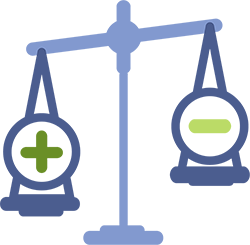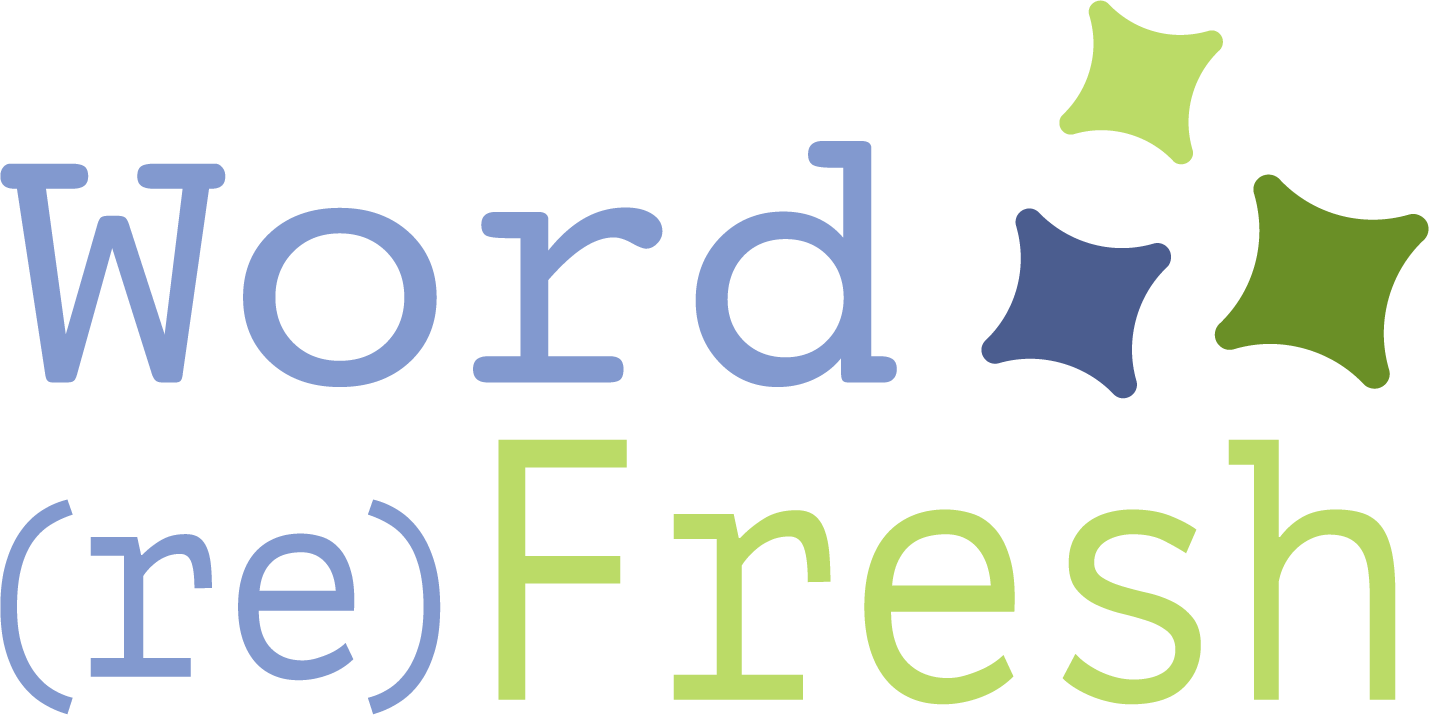
By many measurements, WordPress is the most popular website platform. 810 Million websites use WordPress, which accounts for 43% of all websites and 64% of all CMS (content management system) sites. Whether you’re building a new website, or converting an existing one to WordPress, you should consider both the positives and negatives of a WordPress website.
- PRO: WordPress is infinitely customizable. WordPress provides a wide range of themes and plugins, allowing users to customize their websites to meet their needs. Whether it’s adding a contact form, installing an SEO plugin, or changing the design of a website, WordPress makes it easy to customize your site.
- CON: While WordPress offers many customization options, there may be limitations in what you can do without coding knowledge. Some website owners may find it hard to design a website with full functionality without hiring a developer.
- PRO: WordPress is incredibly user-friendly, even for those without experience with web design.
- CON: A WordPress website still requires a certain level of technical knowledge in order to use it effectively. This can be challenging for individuals new to web design and development.
- PRO: WordPress takes security seriously and is continuously updating its software to ensure that websites are protected from security threats. Additionally, there are several plugins available for WordPress that can help keep your website secure.
- CON: Failing to update your WordPress site can leave it vulnerable to security risks and technical issues.
- PRO: WordPress is highly scalable, which means that you can start with a small website and add more features and functionality as your business grows. Whether you need to add new pages, create an online store, or add a membership section to your site, WordPress can handle it all.
- CON: Plugins can add valuable features and functionality to a WordPress website, but installing too many can lead to conflicts between them, which can cause the website to break. This risk can be mitigated by only installing essential plugins and keeping them up to date.
- PRO: With the increasing use of mobile devices, websites need to have a responsive design. WordPress themes are designed to be responsive, ensuring that your website looks great on all devices, including desktops, laptops, tablets, and smartphones.
- CON: Depending on the hosting provider and the number of plugins used, WordPress websites can be slow to load and may experience performance issues. This can impact the user experience and search engine rankings. This is why it’s essential to choose a hosting provider that specializes in WordPress websites
- PRO: WordPress is designed with search engine optimization (SEO) in mind. The platform is built to help websites rank higher on search engines, which can improve visibility and drive more traffic to your site. Additionally, there are several SEO plugins available for WordPress that make it easy to optimize your content for search engines.
- PRO: WordPress is a cost-effective way to create a professional-looking website. The platform is free, and many of the themes and plugins are free or available at a low cost. This makes it an ideal choice for small businesses and startups with limited budgets.
A WordPress website offers many benefits, including ease of use, customization, SEO-friendliness, responsive design, scalability, security, and cost-effectiveness. There are some drawbacks, but these are easily mitigated by taking proper precautions and regularly maintaining your WordPress site. Whether you’re a blogger, small business owner, or entrepreneur, WordPress is an excellent choice for creating a professional-looking website.
